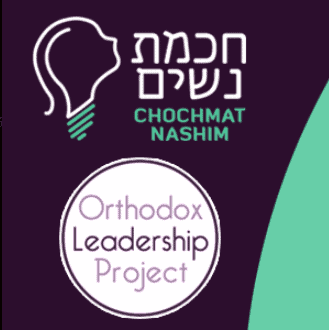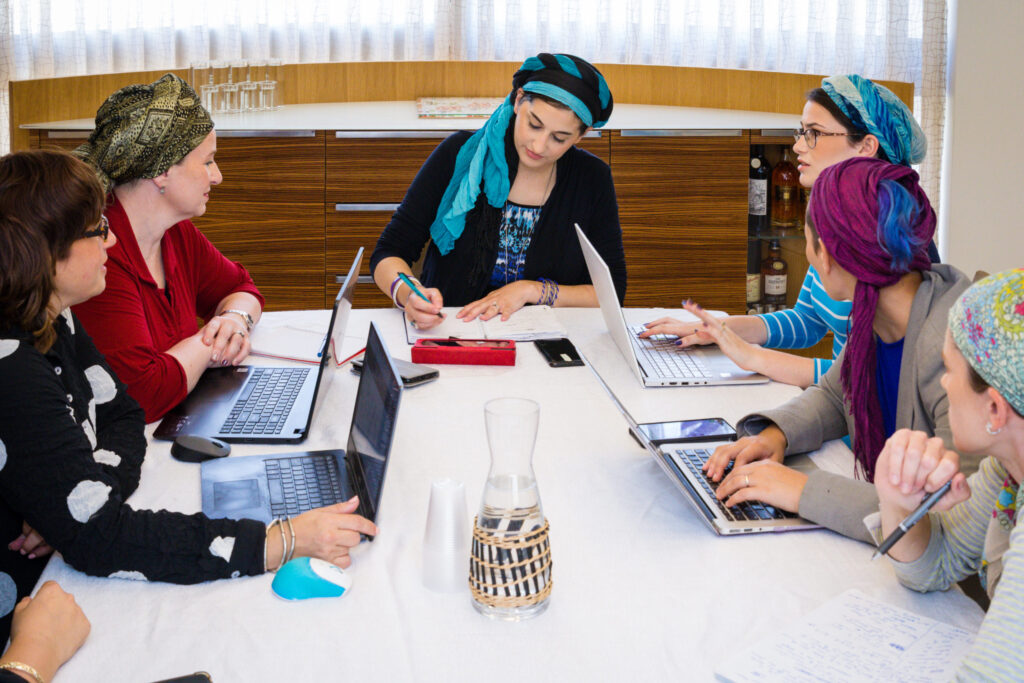Recall the dramatic story of Joseph revealing himself to his brother’ in Genesis chapter 45 (it was just last week), after he witnessed that their regret at having sold him. When Judah tries to prevent Joseph taking Benjamin from the family, Joseph can no longer be the viceroy Egypt, and he insists on alone-time with his family to identify himself to them.
It would seem after this climatic encounter between Joseph and his brothers that all is forgiven and they are starting fresh. By acknowledging and invoking God’s hand in the events that brought them to this specific moment in time, it seems that Joseph has forgiven his brothers because it was all meant to be. The story is over and presumably, after Joseph moves his whole family down to Goshen where there is food for their children and pasture for their animals, this story has come to an end.
Yet, the tensions and rivalries between Joseph and his brothers resurface after the death of the father Jacob. Jacob dies at the end of chapter 49 and chapter 50 describes his burial back in Canaan, as requested on his deathbed.


